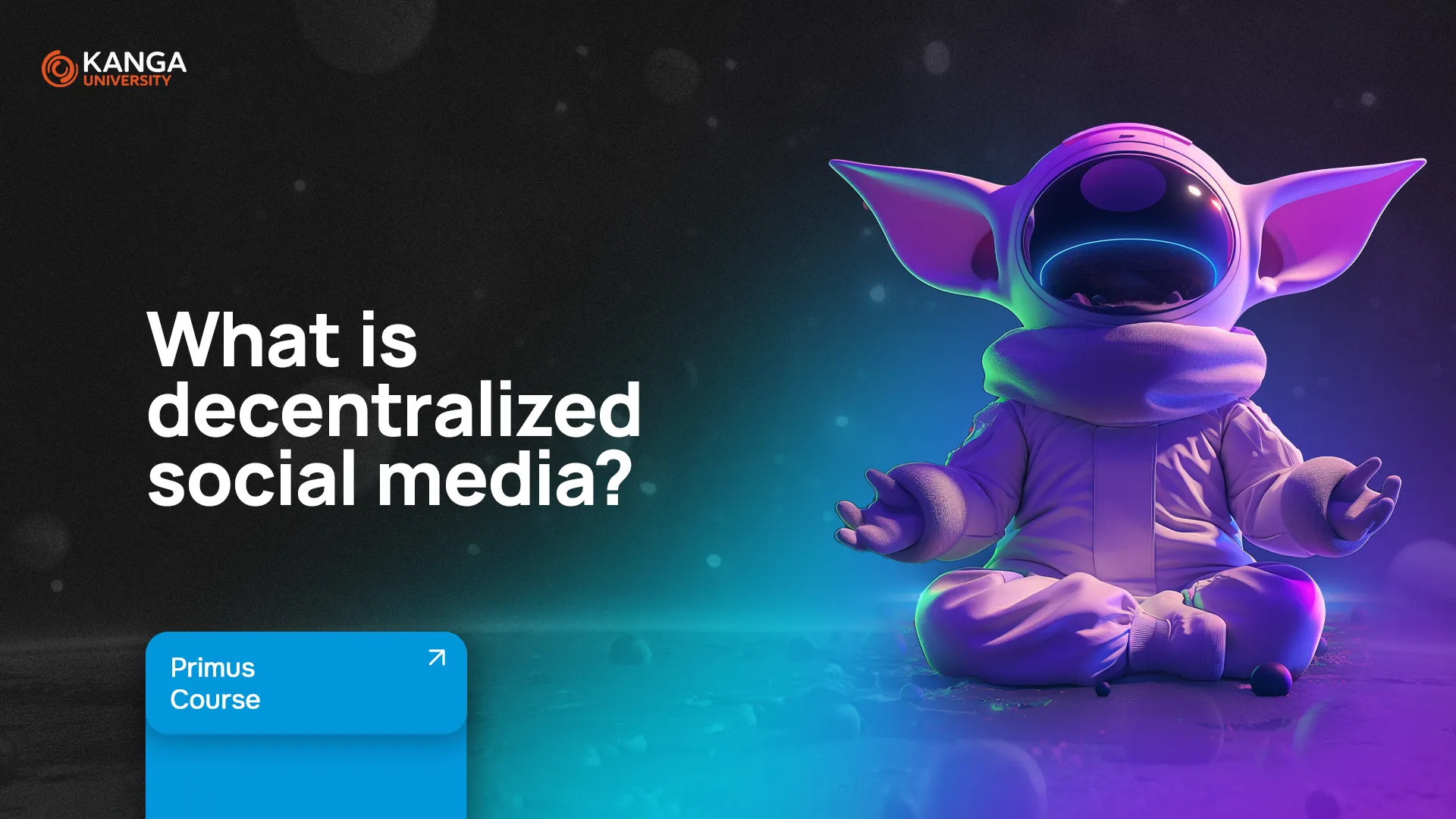Decentralized social media (dSocial) are platforms that do not rely on a single company or a central server. Their code is open source, and user data and content are stored in a distributed network (a blockchain or systems like IPFS). Instead of one database controlled by a single company, they use many nodes spread around the world. As a result, there is no single entity that can delete an account at any time, sell user data to advertisers, or change the rules without consulting the community.
How they work?
• Distributed network: Content is stored on many nodes (servers) rather than in one central location. If some nodes go offline, the rest continue to serve users, increasing resilience to failures and attacks.
• Smart contracts: Operational logic (creating profiles, publishing posts, reputation systems) is encoded in smart contracts. Anyone can examine this code, so no one can secretly change the rules.
• Privacy: Users typically connect to the platform with a cryptocurrency wallet or an identity token, without providing personal information. Data is protected by private keys, and access depends entirely on the owner’s consent.
• Reputation system: To limit anonymous abuse, many projects introduce reputation tokens or user-rating mechanisms. Positive contributions (valuable posts, moderation) raise a user’s reputation, which then allows participation in votes about the platform’s development.
Advantages
• Resilience to failures and censorship – there is no single point vulnerable to attack or deliberate shutdown. In many countries, internet restrictions cannot easily block these networks because nodes can operate from hidden locations.
• Privacy and data ownership – users decide which information to share, and advertisers cannot freely access profiles.
• Transparency – all code changes and user actions are recorded on a public ledger, preventing hidden manipulation.
• Direct monetization – creators can receive tips, subscriptions, or sell content as NFTs without intermediaries.
Disadvantages
• Weaker moderation – on traditional platforms, large teams of moderators quickly remove hate speech and spam. In decentralized systems, responsibility often falls on the community, which may be less effective.
• Smaller user base – while Facebook or Instagram have billions of active profiles, the most popular decentralized platforms in mid-2025 have only hundreds of thousands or a few million. A smaller community means lower reach and less activity.
• Fees and delays – publishing content on a blockchain involves transaction fees (although usually small). During high traffic, confirmation times may lengthen, whereas on centralized sites a post appears almost instantly at no additional cost.
• Less intuitive interfaces – requiring a cryptocurrency wallet or extra plugins can be a barrier for many users accustomed to simple email sign-ups.
Examples of selected platforms (June 2025)
• Mastodon – runs on the ActivityPub protocol, a federation of independent servers. Users from different instances can follow and share content with each other.
• Bluesky – uses the AT Protocol, which allows data and profiles to migrate between different client applications.
• Lens Protocol – built on Polygon, it acts as an open standard. Creators receive an NFT profile, and users can support them with tips paid in tokens.
• Farcaster – a microblogging platform on Ethereum Layer 2, where posts are signed with a wallet key, making identity verification easier.
• Memeland – combines memes with NFTs and social tokens. Creators of viral content receive a share of token trading revenue.
• Sphinx – a messaging app and social network using the Bitcoin Lightning Network. Users can create discussion groups, and every message can be paid for, reducing spam.
Summary
Decentralized social media are alternatives to traditional platforms, giving users more control over their data and the rules. They offer resilience to outages, privacy, and transparency, but face challenges in moderation, have smaller user bases, involve transaction fees, and often present less intuitive interfaces. If you value privacy and want to avoid corporate censorship, it is worth trying platforms like Mastodon, Bluesky, or Lens.
